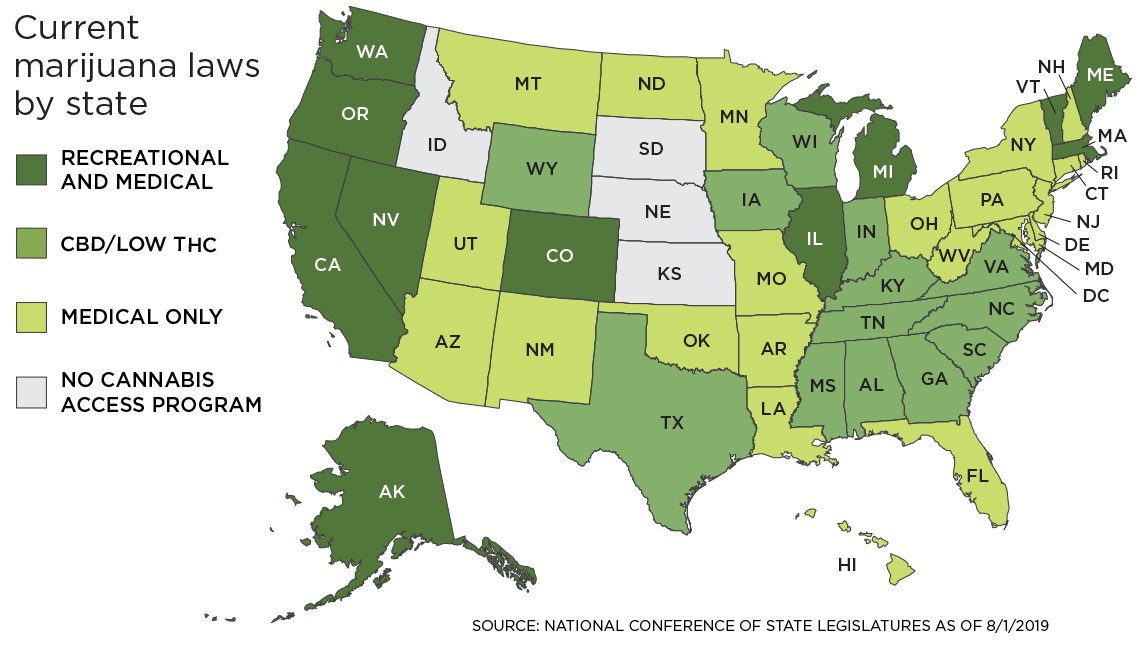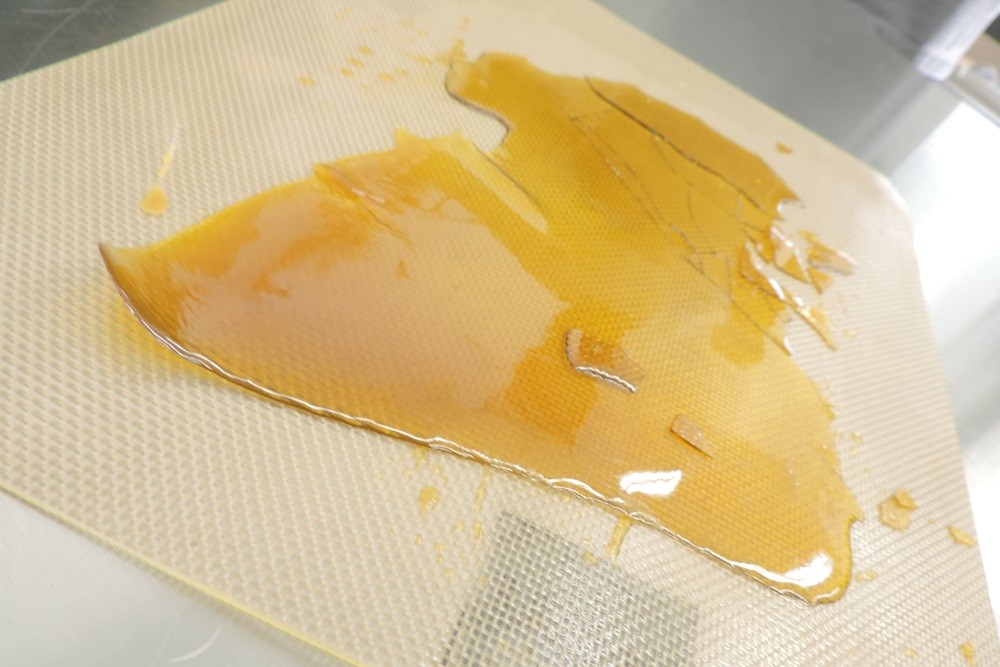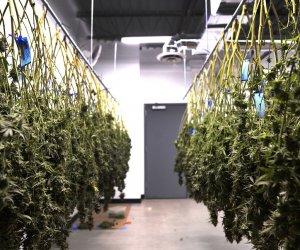What is a Cannabis Card?
As states across the nation begin to fully legalize adult-use cannabis, many may be wondering what this means for the medical cannabis dispensaries and card holders. What does it mean to be a medical cannabis patient in a world where anyone can walk into a recreational dispensary, present their state ID, and legally purchase cannabis?
Is the hassle of visiting a doctor for a medical card still worth it? Are there any real benefits?
The answer is yes—there are many real benefits for medical cannabis card holders. From dosage to access and affordability, patients will find plenty of support for their ongoing care on the medical side of cannabis legality.
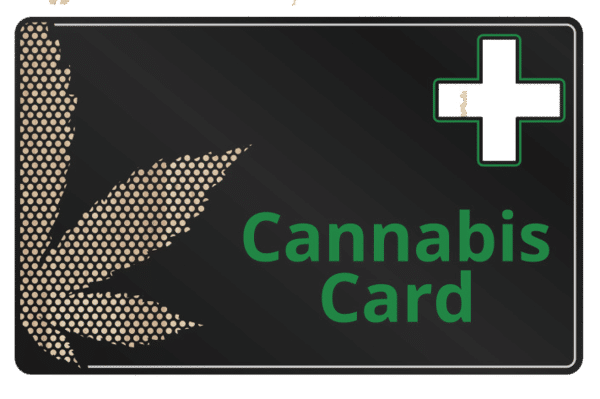
Lower Costs & Taxes
A major benefit offered by many states’ medical dispensaries is lower cost for patients, which is extremely important for people who rely on cannabis for medical issues. Imagine needing life-improving medication, but not having it covered by your insurance—that is the reality of medical cannabis patients all over the country.
Now imagine your medicine was also highly taxed and thus very expensive since it also doubled as a recreational joy for many people—that would be the reality of patients if they only had access to recreational dispensaries.
Medical cannabis dispensaries allow concessions for patients that recreational shops do not. An example of this can be seen in Colorado, where medical cannabis patients avoid the 10% retail marijuana tax and 15% excise tax that recreational dispensary costumers must pay.
Medical cards allow patients to have access to their medicine for lower cost, making their healthcare more affordable and accessible.
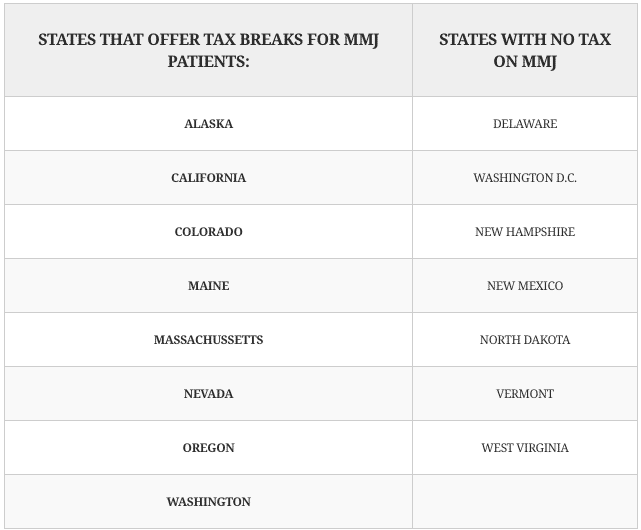
Higher Potency Limits
Dosage is extremely important when it comes to medical cannabis, and many patients need access to high-strength cannabis to alleviate symptoms. However, while recreational shops may have to abide by potency limits, medical dispensaries sometimes have more leeway.
For example, in California, recreational dispensaries are limited to 1,000mg of cannabinoids per package of tinctures or lotions. Medical dispensaries however, have a much higher threshold, and are legally permitted to sell tinctures or lotions with up to 2,000mg.
These potency limits vary from state to state. Colorado, California, Oregon, and Nevada all allow higher potency for MMJ patients in varying degrees of potency.
Washington State law restricts recreational edibles to 10mg per serving, however some dispensaries offer 25mg edibles for medical patients.
Alaska, meanwhile, does not have medical dispensaries despite having a medical program. Patients access cannabis from recreational dispensaries, and currently, there are no options for higher potency products for patients.
Cannabis Patients Under Age 21
Recreational shops are permitted to sell cannabis to anyone who is over the age of 21. While this makes sense for the general populous, children who are also cannabis patients wouldn’t have access. Some medical cards allow those who are age 20 and under to legally access the cannabis medicine they need for their healthcare when treating cancer, epilepsy, or other ailments. Drawing a distinction between medical and recreational cannabis is also important in reducing stigmatization of pediatric patients.
All 29 states with medical cannabis programs currently have laws allowing minors to access medical cannabis with the assistance of a caregiver. The form of cannabis (oils, edibles, etc), cannabinoids permitted (THC, CBD, etc.), and potency limits vary state-to-state.
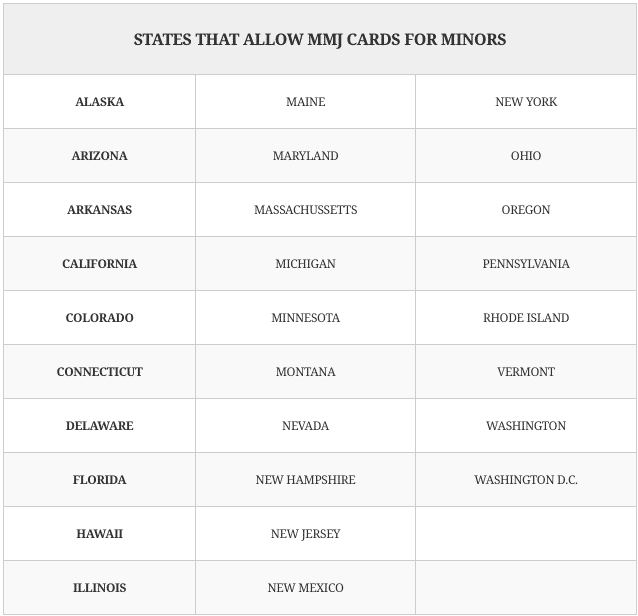
Grow What You Need
While not every medical state allows patients to grow their own medicine, many do. And the amount that one can grow is often higher for medical patients than it is for recreational consumers. In fact, the majority of states with both recreational and medical cannabis laws allow at least some wiggle room for patients to grow additional cannabis as needed. For example, in Oregon, recreational growers are permitted up to four plants, while medical growers are permitted six plants. This is important for patients, who unlike recreational consumers, are dependent on the plant for their wellbeing and can better offset dispensary costs with their own homegrown supply.
Recreational legalization will continue to grow, often in states that have already eased into legalization with medical programs. As this progress continues, it is important not to brush the medical programs aside or forget about the patients who depend on cannabis as an integral part of their health.

